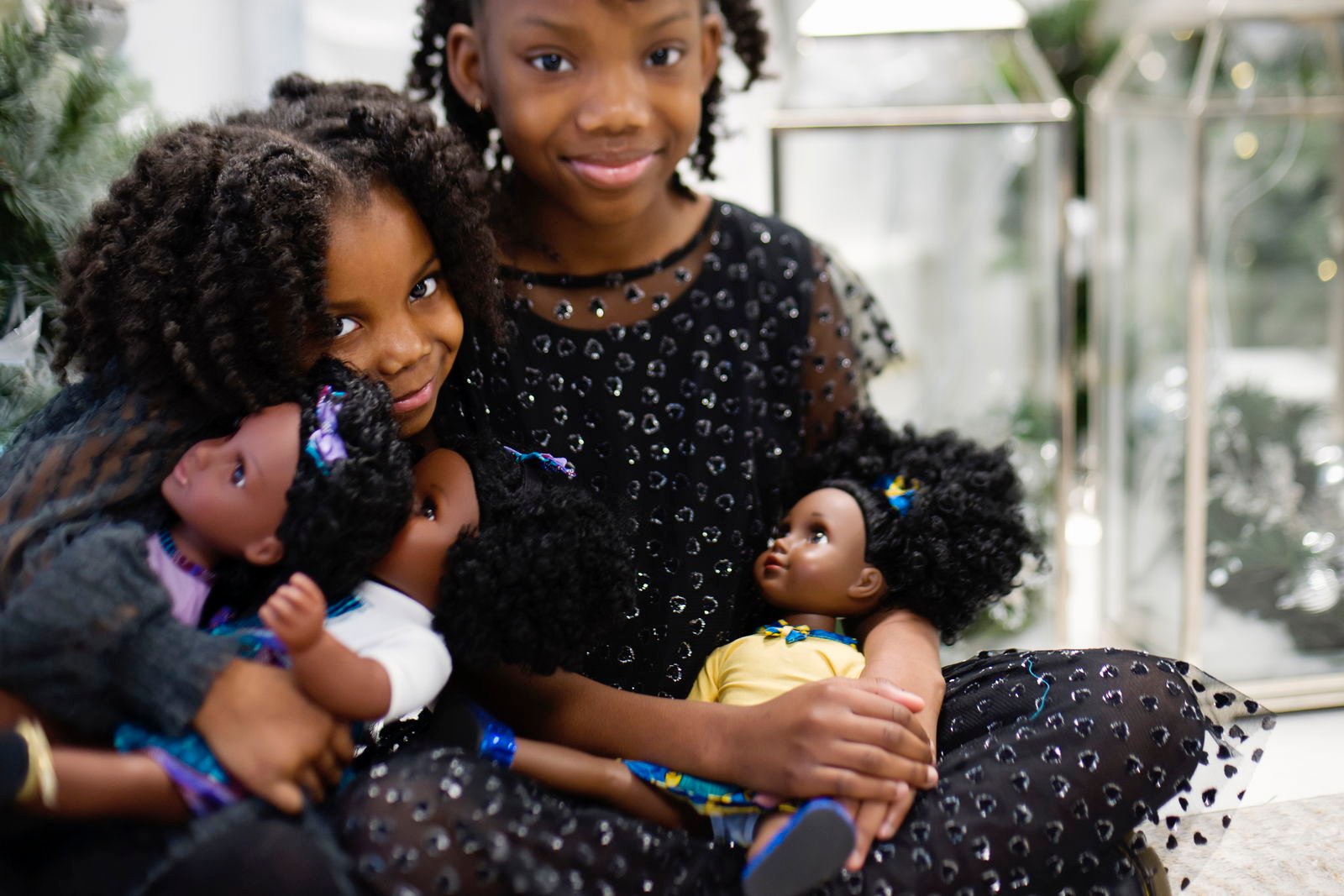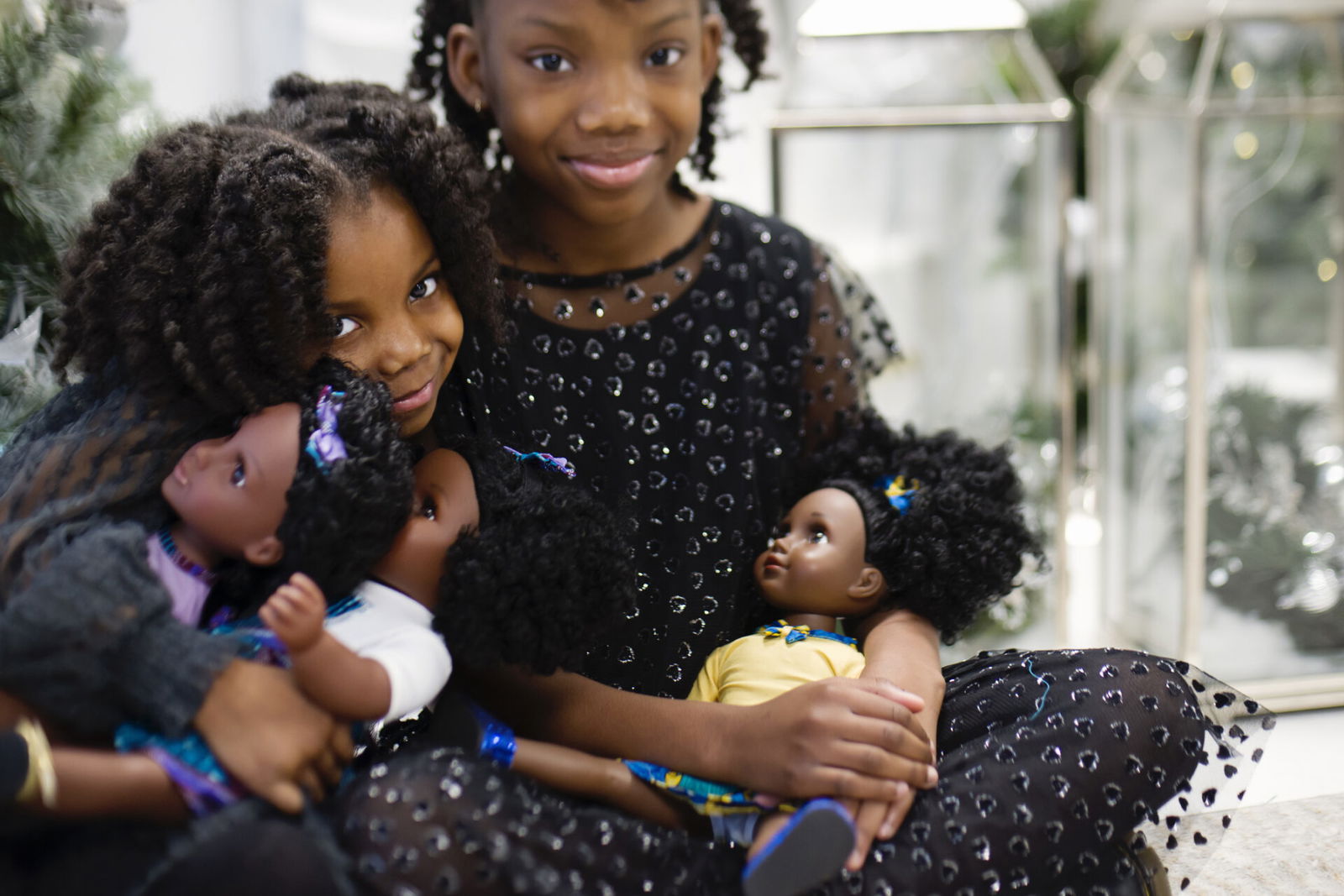Woman Turns African-American Doll Collection Into A Free Museum


December 10, 2024
A passionate doll collector is transforming her collection into a free museum that showcases America’s Black history.
A woman out of Omaha, Nebraska, has transformed her personal collection of more than 750 historic African-American dolls into a free museum.
WOWT reported that the Doll Museum of African-American History is showcasing LaVon Stennis-Williams’ remarkable collection of Black dolls, which spans over three centuries. The exhibit’s goal is to tell America’s history over the last 300 years through the eyes of a doll.
Located next to Stennis-Williams’ other African-American history museum, Mama’s Attic, the dolls offer a distinctive way for the collector to educate others about the past.
“Dolls have been more than a plaything throughout our history. They help tell the story of what America was like,” Stennis-Williams said.
She began collecting dolls more than 35 years ago to teach her daughter about history. What started as a personal project soon grew into a hobby of over 1,000 dolls. She now refuses to spend more than $100 on a doll, but happily dedicates time to restoring old dolls to their original beauty.
“My start was collecting baby dolls and, of course, collecting African-American dolls as a way to help teach my daughter about different things, about her race and culture.”
The dolls had been sitting in storage, with a few on display in her home and office, until she launched the free exhibit.
“I got to a point where I wanted to make sure that they were available for the public to see,” Stennis-Williams shared.
The exhibit offers attendees the opportunity to experience America’s history through the lens of African-American dolls, ranging from those crafted by enslaved women in the 1850s to post-slavery dolls. Those later dolls, while featuring more defined faces and features, still often depicted Black children in stereotypical ways.
“Some of the dolls were still considered to be very derogatory, and unlike the slavery period, many of these dolls here were not made by Black mothers. They were made by white manufacturers who produced these dolls,” said Stennis-Williams.
There are also dolls made by the first Black doll company in the United States, called The Negro Doll Company. The company was founded in the early 1900s by a formerly enslaved man named Richard Henry Boyd.
“Slavery had ended. You had Blacks that were climbing the economic ladder. They wanted more for their children than just the mammy and the other derogatory dolls that were on the market,” she said.
The dolls showcase the economic growth of the Black community during the 1920s and 1930s, as well as the collaboration of Jackie Ormes, the first Black cartoonist, with the Terri Lee Doll Co. to create the Patty Jo Doll. Dolls from the 1960s highlight the Civil Rights Movement and include those used as evidence in the landmark Brown v. Board of Education case, which desegregated schools. Stennis-Williams noted that a study presented in the case revealed that, when given the choice, Black children overwhelmingly preferred to play with white dolls over Black dolls.
“The study was done by the Clarks. It was used by the Supreme Court to show the devastating effects when kids are separated in their education,” she said.
The free museum is part of Stennis-Williams’ reform efforts as a formerly incarcerated woman who also runs a nonprofit, ReConnect Success, where she and her team assist currently or formerly incarcerated individuals in finding meaningful careers.
Both of her museums are open to visitors by appointment only. Free admission is available for everyone, including school groups and clubs. Appointment information can be found on the Mama’s Attic website.
RELATED CONTENT: Snoop Dogg And Wife Shante Broadus Honored With Surprise Award At Give Her FlowHERS Gala










